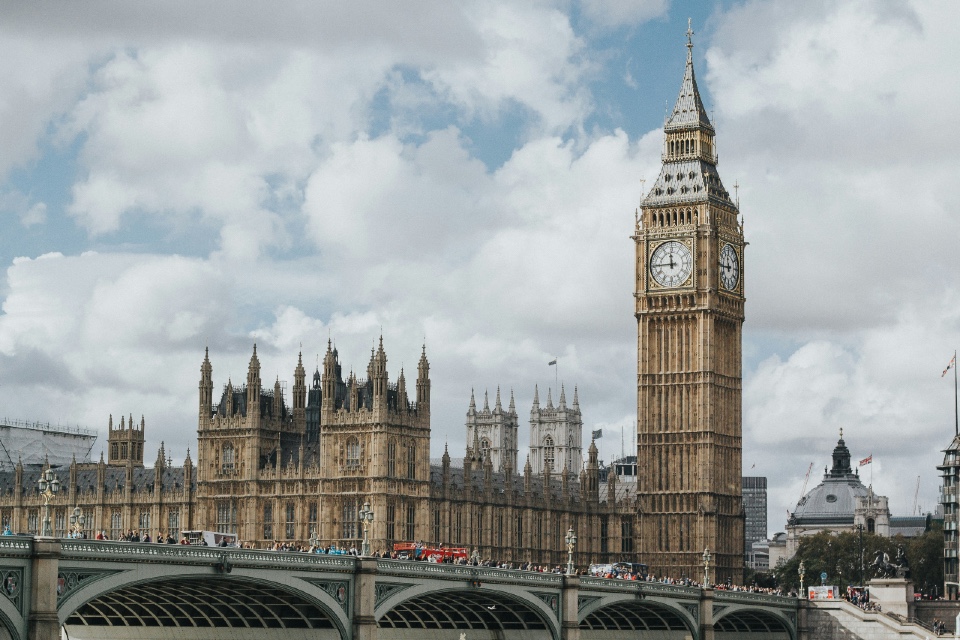
The Government has unveiled its landmark Employment Rights Bill.
Key points include:
The existing two-year qualifying period for protections from unfair dismissal will be removed. All workers will have a right to these protections from day one on the job. The Government will consult on a new statutory probation period for companies’ new hires. This will allow for a proper assessment of an employee’s suitability to a role as well as reassuring employees that they have rights from day one.
The Bill will bring forward 28 individual employment reforms, from ending fire and rehire practices to establishing day one rights for paternity, parental and bereavement leave for millions of workers. Statutory sick pay will also be strengthened, removing the lower earnings limit for all workers and cutting out the waiting period before sick pay kicks in.
The law will be changed to make flexible working the default for all, unless the employer can prove it is unreasonable.
A new Fair Work Agency bringing together existing enforcement bodies will also be established to enforce rights such as holiday pay and support employers looking for guidance on how to comply with the law.
The Bill will end zero hours contracts, following research that shows 84% of zero hours workers would rather have guaranteed hours. They, along with those on low hours contracts, will now have the right to a guaranteed hours contract if they work regular hours over a defined period, giving them security of earnings whilst allowing people to remain on zero hours contracts where they prefer to.
The Bill repeals legislation put in place by the previous administration, including the Minimum Service Levels (Strikes) Act.
The Bill also provides for addressing the for cost of living when setting the Minimum Wage.
Meanwhile, the Government has published a ‘Next Steps’ document that outlines reforms it will look to implement in the future.
Subject to consultations, these reforms include:
- A Right to Switch Off, preventing employees from being contacted out of hours, except in exceptional circumstances.
- A strong commitment to end pay discrimination by expanding the Equality (Race and Disparity) Bill to make it mandatory for large employers to report their ethnicity and disability pay gap.
- A move towards a single status of worker and transition towards a simpler two-part framework for employment status.
- Reviews into the parental leave and carers leave systems to ensure they are delivering for employers, workers and their loved ones.

